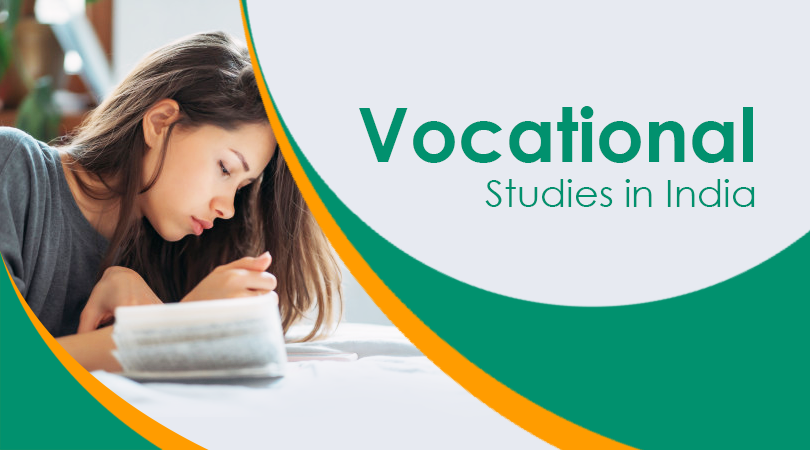Vocational study or vocational education or Vocational Education & Training are most often used interchangeably. They are also known as Career and Technical Education (CTE). These courses are mostly related to manual or practical activities and are non-academic which prepare the learners for jobs such as a trade, a craft, or as a technician. This is also called technical education because the learner acquires a certain group of techniques or technology.

What do you mean by “Vocational”?
The term “Vocational” means a type of education and career, commonly known as career and technical education (CTE) and is generally offered at community colleges, career centres, technical schools and in some universities.
These courses make the students be career-ready in three aspects: academic skills, employability skills, and technical, career-specific skills. Vocational study and courses have the following characteristics:
- A specific trade or field
- Non-academic in-nature
- Hands-on & practical activities
- Need Apprenticeships or on-the-job training
- Need a credential, certificate, or diploma
Vocational education can be classified as teaching procedural knowledge as opposed to declarative knowledge which is used in the broader scientific field. Programs under vocational courses are quite direct in their approach and are tailor-made so that an individual can be job-ready. The vocational course generally certifies that an individual is skilled enough to perform a particular profession.
In academic-focused career paths, the courses generally require a 2-year or 4-year degree, vocational courses rely on shorter and job-specific training. These vocational courses are normally of 2 years or less and some of them are even less than 1 year. Most of these CTE programs award a certificate, diploma or career-specific credential. Vocational educations are mostly taken at the secondary or post-secondary level and do interact with the apprenticeship system and can never befall under the category of higher education.
Benefits of Vocational Training
- Both the advantage of traditional knowledge and vocational skills
- Focuses on specialized knowledge
- Realistic insight into the industry
- Courses are more dynamic and make students aware of contemporary trends of the global market by practical knowledge.
- It makes available the skilled manpower required in the market.
- Courses offered are of short-duration and affordable
- Most programs need 10th pass qualification
- It can also be taken in online mode.
- To make young India equipped with right skills and job-ready CBSE (Central Board of Secondary Education) is now offering nearly 40 vocational courses in Commerce, Engineering, Health and Paramedical, tourism, Home science, Agriculture, & Hospitality & Tourism.
Major vocational Courses in India
- Telecommunication
- Photography
- Information Technology
- Fashion or Garment designing
- Beauty course
- Catering management
- Advertising and Marketing
- Public Relations or Communication Skills
- Disaster management
- Banking and Finance
- Physical education-Fitness and gym operation
- House Election or Electronics or Electrical Technician
- Animation











